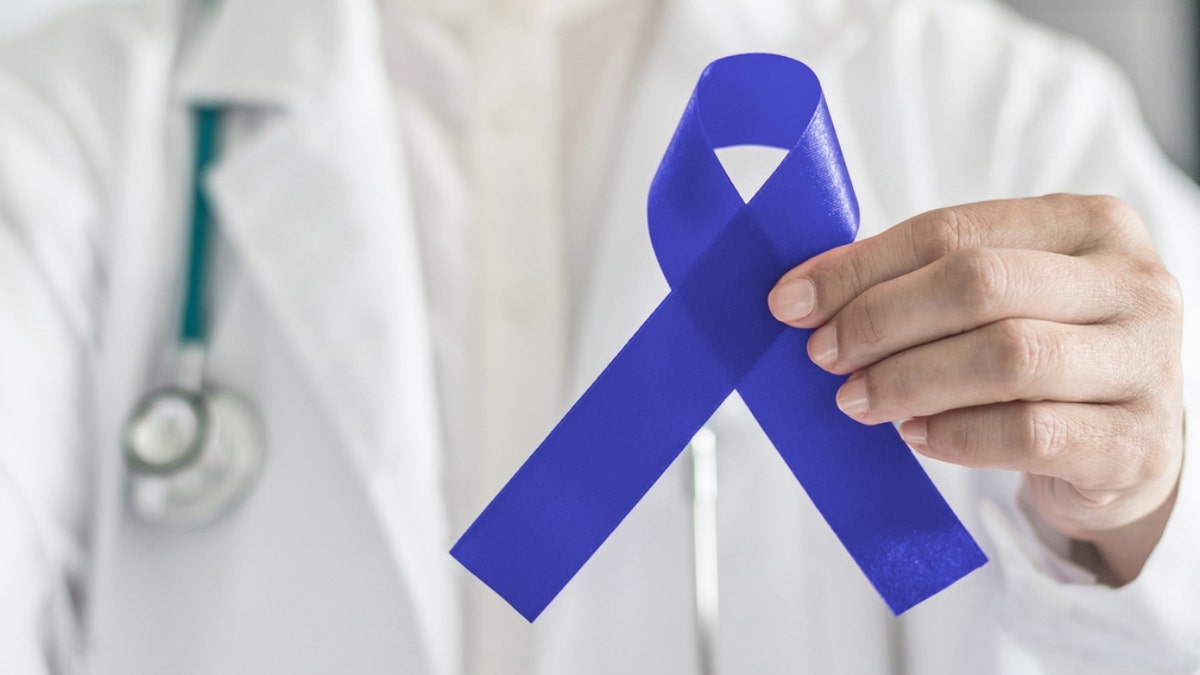Recent studies reveal a concerning increase in colon cancer cases among Americans under 50, prompting experts to investigate the potential causes. While genetic factors remain largely unchanged, lifestyle changes, such as increased consumption of processed foods and sedentary habits, are suspected contributors.
This issue gained personal significance for Fox News correspondent Jonathan Serrie, whose younger brother, Keir, tragically passed away from colon cancer at age 48. Keir's diagnosis came after experiencing discomfort for a month, eventually leading to a colonoscopy that revealed a large mass, likely present for five years. Despite medical efforts, Keir succumbed to the disease within months.

Current guidelines recommend routine colonoscopies starting at age 50 for individuals without a family history of the disease. This meant Keir wasn't due for his first screening until two years after his death. This tragic circumstance underscores the need for a reevaluation of screening guidelines, with some experts advocating for lowering the age to 45. Studies show a significant rise in colon cancer among younger demographics, with a 90% increase in the 20-34 age group and a 28% increase for those aged 35-49.

Dr. Nicole Saphier, a radiologist and Fox News contributor, highlights the increasing prevalence of late-stage cancer diagnoses in younger individuals. She points out that around 43% of colorectal cancers are diagnosed in the 45-49 age range, supporting the American Cancer Society's recent recommendation to lower the screening age. While widespread screening for those under 45 may not be feasible, Dr. Saphier suggests considering fecal occult blood tests for younger patients experiencing symptoms, as they can help detect potential cancer risks. Genetic mutations account for 15-30% of colorectal cancers in young adults, but lifestyle factors like diet, sedentary habits, antibiotic use, and even fungal infections are also implicated. A recent study from the Cleveland Clinic emphasizes the role of metabolites from food breakdown in the colon, further linking lifestyle choices to the rise in colorectal cancers, especially among younger adults.
Dr. Saphier stresses the urgency of addressing unhealthy lifestyle choices as a society, noting that the rise in various cancers and other health conditions is often linked to these factors.
Comments(0)
Top Comments